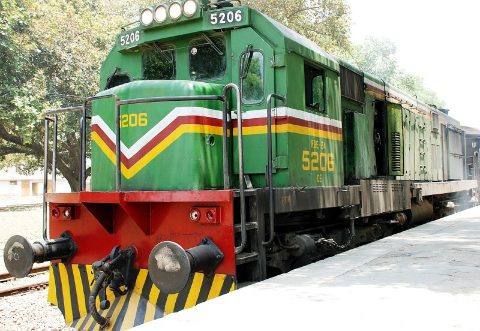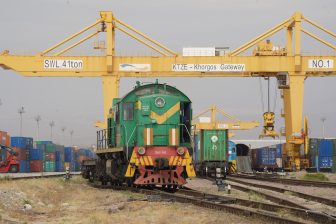
What happened to the Istanbul-Tehran-Islamabad train?
The revival of the ITI corridor between Turkey, Iran and Pakistan has been long-awaited. Operations were about to begin a couple of weeks ago, with the train departing from Istanbul on 4 March and arriving at Islamabad on 16 March. However, to everyone’s disappointment, this departure never took place. The service got postponed one more time, literally at the last minute, and many questions arise around its actual feasibility.
Do you want to read the full article?
Thank you for visiting RailFreight.com. Become a member of RailFreight Premium and get full access to all our premium content.
Are you already a member?
Having problems logging in? Call +31(0)10 280 1000 or send an email to customerdesk@promedia.nl.




